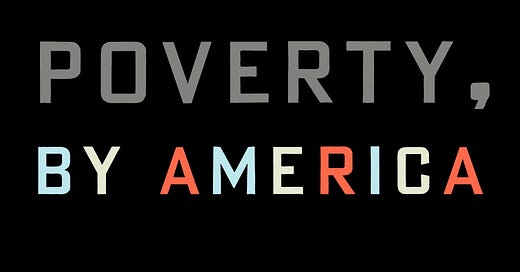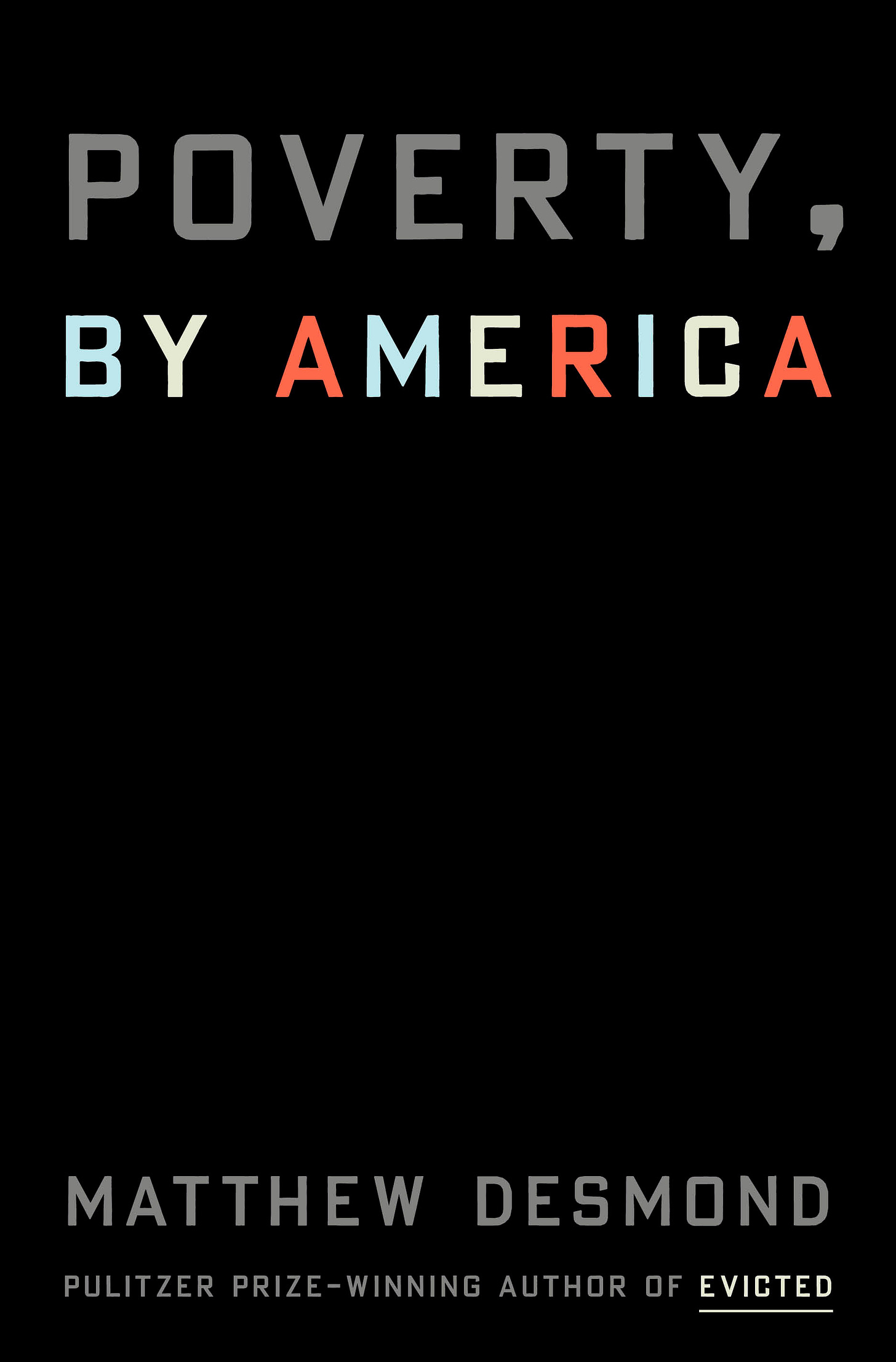In his Pulitzer Prize-winning book Evicted, sociologist and MacArthur Grant recipient Matthew Desmond followed eight struggling families in Milwaukee as they tried to find and keep a home. The book, published in 2016 and widely hailed as a modern masterpiece, reminds readers of how important home is both as a concept and as a physical location and how i…
© 2025 Roxane Gay
Substack is the home for great culture




